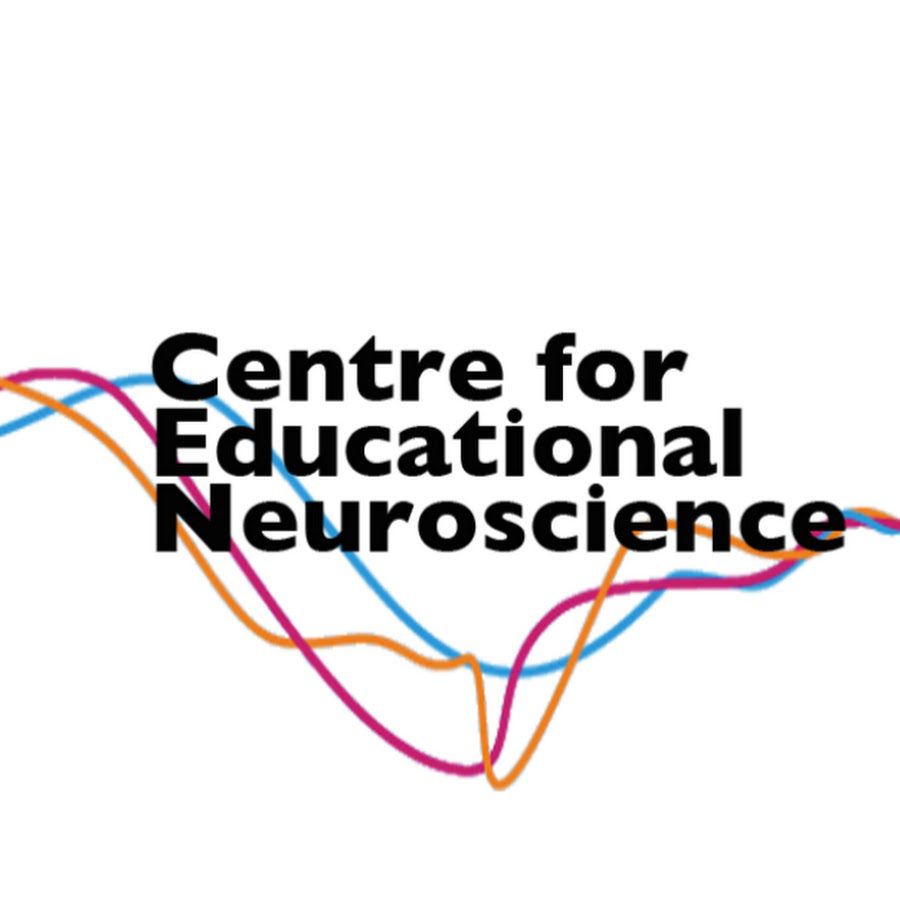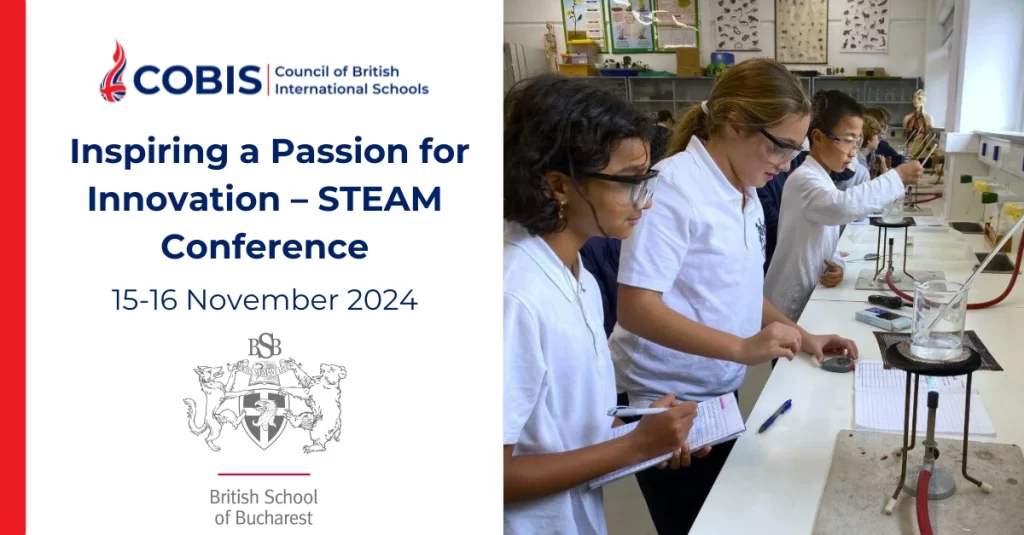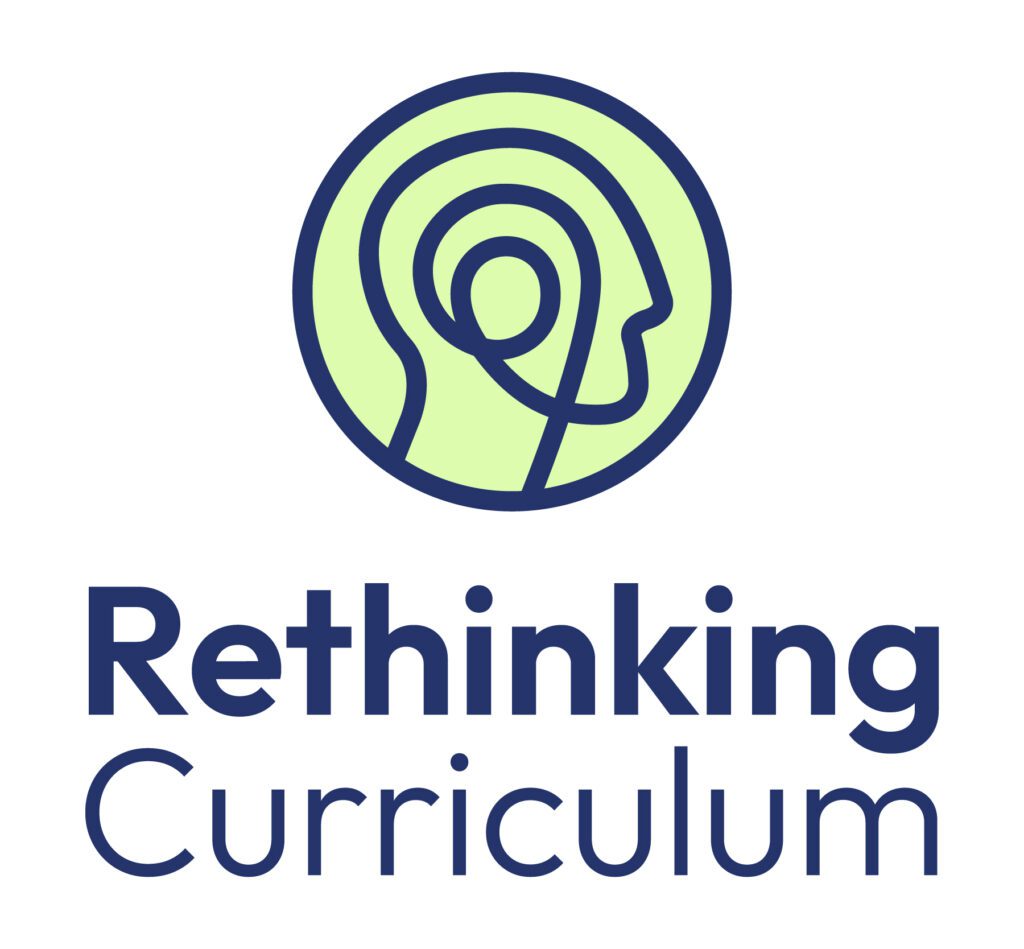
This talk is part of a webinar series from the Centre for Educational Neuroscience at UCL, Birkbeck University and the UCL IoE. You can register here to receive weekly updates about the seminar series. In this talk ‘Visual Discomfort’ refers to the aversive responses reported by susceptible individuals when viewing specific visual stimuli such as […]

By Jo Van Herwegen, Professor of Developmental Psychology and Education, UCL’s Institute of Education Recent evidence shows that students with Special Educational Needs and Disabilities (SEND) have lower educational outcomes compared to their peers and that this gap continues to increase (Tuckett et al., 2021). Although previous reviews have addressed how these students can benefit […]

This article has been published as part of the Rethinking Curriculum project, kindly funded by The Helen Hamlyn Trust. Kimberly Safford, Honorary Associate, The Open University, and Trustee of Climate Intervention overview Climate Change All Change is a charity that places professional designers in primary schools. The designers are from a […]

This article has been published as part of the Rethinking Curriculum project, kindly funded by The Helen Hamlyn Trust. DR JULIA FLUTTER, LUCY CAVENDISH COLLEGE, CAMBRIDGE, UK Introduction Pupil voice (or student voice) and agency came to the fore in education during the 1990s and have since become important principles […]

Location: British School of Bucharest, Romania will be hosting a conference for Teachers, Middle Leaders, and Senior Leaders on 15-16 November 2024. STEAM fundamentally requires a significant amount of hardware alongside excellent teaching. This conference will provide an opportunity for Teachers, Middle Leaders, and Senior Leaders to come together to explore how STEAM can be successfully delivered to students and schools. The […]

This webinar launches the Curriculum Evaluation Framework for the Chartered College, Rethinking Curriculum project. The project aims to support and equip teachers and school leaders with the knowledge and skills to identify, plan and implement curriculum development work in a sustainable, creative and place based approach. This will mean that all pupils will have access […]

This article has been published as part of the Rethinking Curriculum project, kindly funded by The Helen Hamlyn Trust. JO GRAY, HEAD OF EDUCATIONAL DEVELOPMENT, ONE EDUCATION, UK JENNA CRITTENDEN, CURRICULUM DESIGN LEAD, CHARTERED COLLEGE OF TEACHING, UK This review explores some of the benefits of play-based learning for children beyond […]

This article has been published as part of the Rethinking Curriculum project, kindly funded by The Helen Hamlyn Trust. The importance of play In England, the importance of play-based learning is often recognised as an essential part of the Early Years education of children. Yogman et al. (2018) state that it […]

This article has been published as part of the Rethinking Curriculum project, kindly funded by The Helen Hamlyn Trust. What is pupil voice and agency? Pupil voice (or student voice) and agency came to the fore in education during the 1990s and have since become important principles shaping educational thinking, policy […]

PROFESSOR TANYA OVENDEN-HOPE, PROFESSOR OF EDUCATION AND DEAN OF PLACE AND SOCIAL PURPOSE, PLYMOUTH MARJON UNIVERSITY; BERA COUNCIL MEMBER AND BERA SPECIAL INTEREST GROUP CONVENOR, UK Evidence-based and evidence-informed teaching have become increasingly important aspects of educational practice and policy in the UK, with a growing emphasis on teachers as researchers and schools as research collaborators. […]

MARK LESWELL, RESEARCH LEAD, SWALE ACADEMIES TRUST, UK Introduction As the education system in England strives to become more evidence-informed, the role of research engagement in schools has become increasingly important. However, despite growing interest and efforts to include research in decision-making processes, the effectiveness of research use and the evaluation of evidence bases remain questionable. […]

JOANNE GLEESON, MARK RICKINSON, LUCAS WALSH AND BLAKE CUTLER, FACULTY OF EDUCATION, MONASH UNIVERSITY, AUSTRALIA Introduction Internationally, educators and education systems are becoming increasingly aware that using research can improve their work (e.g. OECD, 2022). Previous studies provide powerful reasons for educators to use research, showing links to better teaching skills and improved and more equitable […]

CHRISTIAN BOKHOVE AND ROSALYN HYDE, UNIVERSITY OF SOUTHAMPTON, UK As educators, we have noticed that there is sometimes an uncritical adoption of evidence since what some have called an ‘evidence-informed revolution’. A case in point can be found in the work of Barak Rosenshine, which has been extremely influential in schools, especially in the context […]

JO STAWMAN, Head of School, Quest Primary School, UK GEMMA PARKER, Director of School Improvement, The Collegiate Trust, UK Using research evidence is integral to school improvement and good teaching (EEF, 2024). There are multiple sources of research evidence, and in the UK, the 1960s and 1970s saw an emergence of the teacher as researcher, […]

MARGARET (MEG) LEE AND MIKE MARKOE, FREDERICK COUNTY PUBLIC SCHOOLS, USA The challenge of becoming evidence-informed Moving a school to become more informed by evidence about how learning happens and how that evidence is best applied is a huge undertaking, which requires a commitment of time, dedication to focused professional growth and collective will to […]

MOHAMED IBRAHIM, SECONDARY SENDCO, HARRIS FEDERATION, UK Introduction The concept of a ‘hidden’ pastoral curriculum has long been advocated as a solution to the growing national concerns about student misbehaviour. Numerous behaviour experts suggest a curriculum that explicitly teaches positive behaviours rather than merely sanctioning those who fall short. While various models have illustrated effective pastoral […]

GRAHAM CHISNELL FCCT, EDUCATION CONSULTANT AND AUTHOR, UK Developing a culture of research in school empowers staff at every level to influence practice and play an active role in the strategic development of the organisation. Research can enhance the climate of a school in four ways. Relationships strengthen, the learning environment is enhanced, the quality of […]

ANDREW B JONES, THE REACH FREE SCHOOL, UK; THE OPEN UNIVERSITY, UK Introduction The evolving landscape of educational ‘best practice’ emphasises evidence-informed practice (EIP), particularly in its scientific form, for enhancing teaching and learning outcomes (Perry et al., 2021). However, balancing EIP with teacher agency presents challenges. Proponents of EIP argue that teaching should align with […]

Luke Donnelly, Head of Year at Pinner High School and BERA Teacher Network Co-Lead, UK Learning networks and why they are important for teacher researchers Learning networks are essential collaborative spaces where professionals connect to share insights, solve problems, and innovate. These networks exist both online and offline, providing a flexible and borderless environment for […]

ALEX MORGAN AND EMMAJANE MILTON, CARDIFF UNIVERSITY, SCHOOL OF SOCIAL SCIENCES, UK LISA MULLANE, MARK WALKER AND WIL HOWLETT, ALBANY ROAD PRIMARY SCHOOL, UK Introduction This article aims to communicate experiences of using enquiry to support meaningful professional learning in a primary school in Wales, the culture that this supported and perceptions of its ongoing legacy. Three […]




















